I love how easy it is to map JSON data to a Java object with Jsonb, but I seem to have stumbled upon a not well-documented use-case...
Given this json data:
{
"id": "test",
"points": [
[
-24.787439346313477,
5.5551919937133789
],
[
-23.788913726806641,
6.7245755195617676
],
[
-22.257251739501953,
7.2461895942687988
]
]
}
What can be used as the object type to store the points-values?
import jakarta.json.bind.annotation.JsonbProperty;
public class Temp {
@JsonbProperty("id")
private String id;
@JsonbProperty("points")
private ??? points;
// Getters-Setters
}
So I can create the Temp-object with:
import jakarta.json.bind.Jsonb;
import jakarta.json.bind.JsonbBuilder;
Jsonb jsonb = JsonbBuilder.create();
Temp temp = jsonb.fromJson(jsonString, Temp.class);
So far I've tried the following:
List<Point>--> "Can't deserialize JSON array into: class java.awt.Point"List<Point2D>--> "Can't deserialize JSON array into: class java.awt.Point2D"
